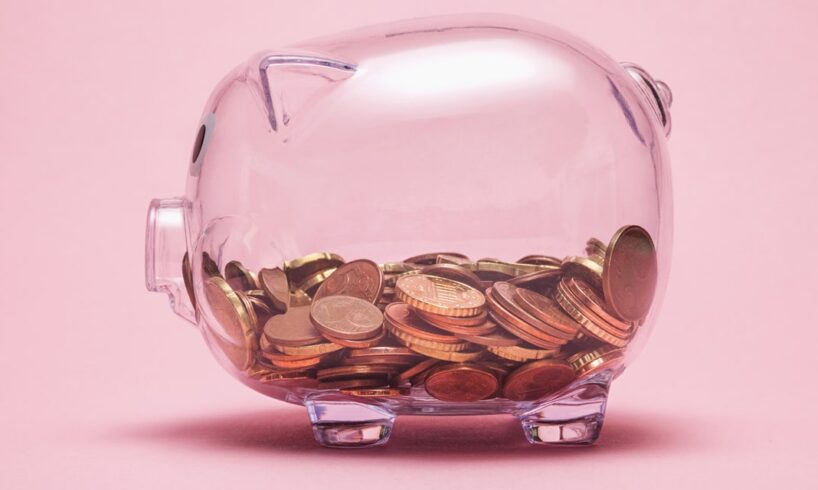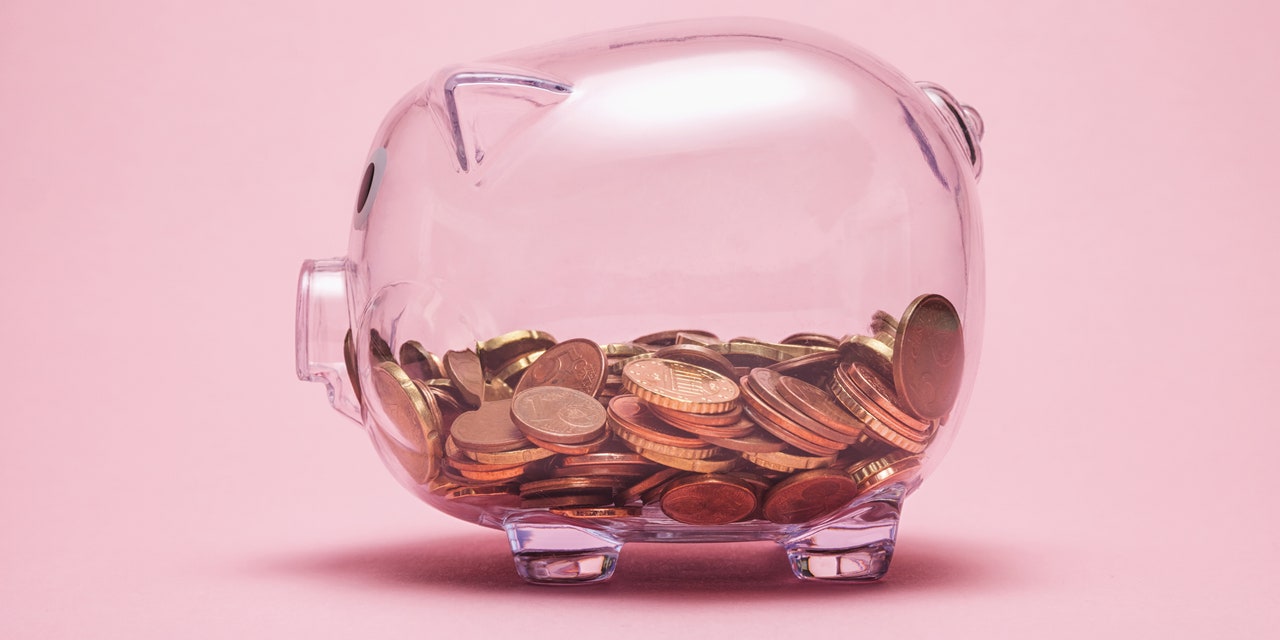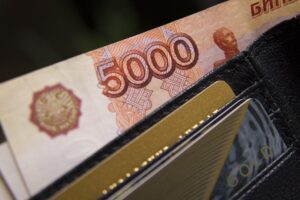

Listed below are just a few ideas and strategies that you just may need to check out:
Begin small. If you happen to’re particularly avoidant (similar!), you shouldn’t put a bunch of stress on your self to turn into a finance-tracking grasp. Clayman suggests committing to a brief however common date along with your checking account, like as soon as per week for 20 minutes, to examine in on what got here in and went out. If you happen to can solely deal with this month-to-month at first, so be it. “Make it as small as you possibly can decide to,” says Clayman.
Put your check-in on the calendar. Making a obscure purpose to examine your account commonly may match for some, however a number of us actually profit from scheduling a agency, nonnegotiable date. “Don’t look forward to this magical confluence of time and motivation to have a look at it,” says Clayman.
Or time it to your temper. Hey, we did say that everybody’s completely different and this might take some experimenting. For some, the calendar methodology is simply too inflexible to keep in mind the difficult relationship you may need with cash. “If you happen to’re depressed and anxious about cash, diving in once you’re in a unfavorable headspace may not be good for you,” says McLay.
Think about using spreadsheets and apps to maintain monitor. SELF Senior Well being & Magnificence Editor Sarah Jacoby has an expense-tracking spreadsheet that’s frankly a murals. Every time she makes a purchase order, any buy, into the spreadsheet it goes. And many individuals profit from that form of strategy. “The behavior of writing down each expense makes you extra aware of the way you’re spending your cash,” says McLay. If spreadsheets aren’t your factor, there are additionally a ton of expense-tracking apps on the market.
Or get an computerized tracker. If manually coming into all your purchases into an app or spreadsheet seems like method an excessive amount of time and power for you, there are additionally apps on the market, like Digit and Mint, that robotically connect with your accounts and monitor your bills.
As soon as what works for you, keep on with it. Irrespective of your chosen methodology, the secret is consistency, says Clayman.
Strive just a few “monetary workout routines” earlier than leaping right into a full price range.
If monitoring your funds with out making any adjustments sounds horrifying and anxiety-inducing to you, McLay suggests implementing some “monetary workout routines” everytime you’re prepared. “It’s about discovering issues you are able to do which might be going to make you extra aware of your cash in a wholesome method,” she says. Mainly, altering behaviors that may impression your account in small methods can assist cut back anxiousness with out overhauling your price range.
Listed below are two monetary workout routines McLay suggests:
No-spend days. You in all probability don’t want me to inform you that little issues can add up in a giant method, particularly once we’re spending our cash mindlessly. McLay suggests placing one or two no-spend days on the calendar every week the place, yep, you don’t spend any cash.
Money-only weeks. Resolve for your self how a lot cash you need to spend in the course of the week and take out that amount of money. “If you happen to run out of money by Wednesday, it’s Netflix and Chill the remainder of the week,” says McLay. Bonus to this train: It eliminates the necessity to examine your account—and by that I imply keep away from your account—as a result of there received’t be any transactions occurring.
Think about exploring broader monetary wellness.
Relying in your life-style and wishes, in addition to your private privilege, it’s not all the time easy to give attention to monetary wellness. Talking frankly, monetary wellness can contain a number of stuff (like prioritizing your spending on experiences that convey you pleasure or investing in retirement) that’s troublesome for many individuals who don’t have the liberty to decide on find out how to spend and save.
If you happen to do have that freedom, although, it’s value diving in deeper to see what you are able to do to alleviate monetary stress. That may contain adjusting your life-style decisions, dedicating time to creating and sustaining a price range, or speaking to knowledgeable.
Whether or not or not you possibly can take these steps, do not forget that monetary consciousness is a big and useful begin for creating a greater relationship with cash. “Monetary wellness isn’t simply numbers on a web page and white-knuckled self-discipline,” says Clayman. “It’s about respecting how we use cash to deal with ourselves, letting go of judgment, and embracing consciousness and acutely aware decision-making.”
Associated:





